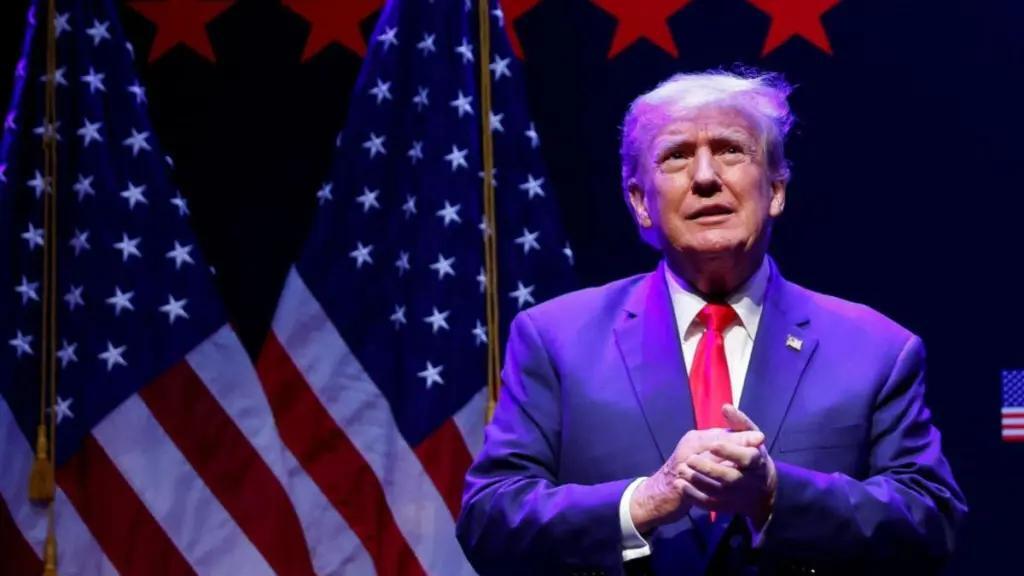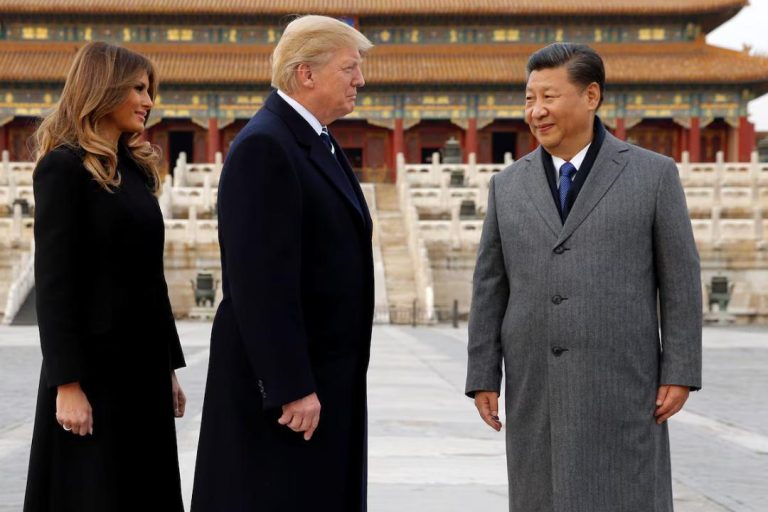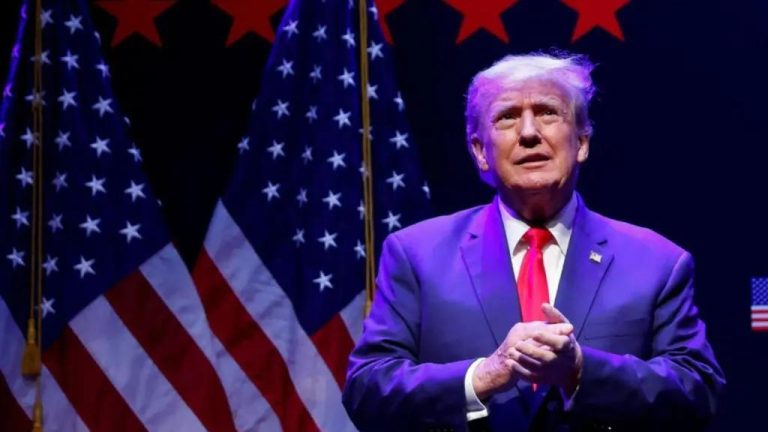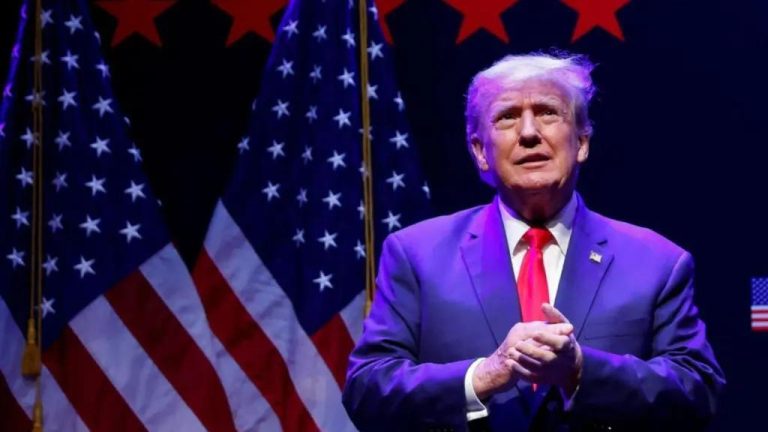
Donald Trump Exempts Smartphones & Computers from Reciprocal Tariffs
In a move that has sent shockwaves through the tech industry, United States President Donald Trump has announced that smartphones, computers, and other electronic items will be exempt from the reciprocal tariffs, including the 25% tariffs he imposed on Chinese goods. This decision comes amid growing concerns from tech giants, including Apple, that gadget prices may rise significantly due to Trump’s tariffs, as many of these products are manufactured in China.
According to a Customs and Border Patrol notice, the exemption will apply to a range of electronic items, including smartphones, computers, tablets, and other electronic devices. This move is seen as a significant relief for tech companies, which had been bracing themselves for the impact of the tariffs on their products.
The 25% tariffs on Chinese goods, which came into effect in July, were intended to punish China for what the Trump administration has called unfair trade practices, including intellectual property theft and forced technology transfer. However, the tariffs have been widely criticized for their potential to harm American businesses and consumers, as well as the global economy.
The exemption for electronic items is a significant departure from Trump’s previous stance on tariffs. In May, the Trump administration imposed tariffs on $200 billion worth of Chinese goods, including electronics and technology products. At the time, Trump threatened to impose tariffs on all Chinese imports, which could have had a devastating impact on the global economy.
The exemption for electronic items is seen as a victory for tech companies, which had been lobbying the Trump administration to exclude their products from the tariffs. Apple, in particular, had been vocal in its opposition to the tariffs, warning that they could lead to higher prices for its products and damage its competitive advantage.
“Tariffs are taxes on consumers, and Apple is not supportive of tariffs,” an Apple spokesperson said in a statement. “We are pleased that the administration has excluded certain electronic items from the tariffs, and we hope that this is just the beginning of a more nuanced and thoughtful approach to tariffs.”
Other tech companies, including Google, Amazon, and Facebook, have also expressed relief at the exemption. However, not everyone is happy with the decision. Some critics argue that the exemption is a politically motivated move that will undermine the administration’s efforts to address China’s trade practices.
“The exemption for electronic items is a clear example of the administration’s lack of commitment to addressing China’s unfair trade practices,” said a spokesperson for the U.S. Chamber of Commerce. “We urge the administration to reconsider its approach and focus on finding a comprehensive solution to the trade issues with China.”
The exemption for electronic items is not the only significant development in the trade tensions between the United States and China. In recent weeks, there have been reports of a potential trade deal between the two countries, which could see China agree to significant reforms to its trade practices.
According to sources close to the negotiations, the deal would see China agree to increase its purchases of American goods and services, including soybeans, natural gas, and pharmaceuticals. China would also agree to make significant changes to its intellectual property laws and to reduce its subsidies to state-owned enterprises.
In return, the Trump administration would agree to reduce or eliminate some of the tariffs it has imposed on Chinese goods. However, the details of the deal have yet to be finalized, and it is unclear whether it will ultimately be agreed to by both sides.
The exemption for electronic items is a significant development in the ongoing trade tensions between the United States and China. While it is a relief for tech companies, it is also a reminder of the complex and nuanced nature of international trade.
As the world waits with bated breath for the outcome of the trade talks between the United States and China, one thing is clear: the impact of the tariffs will be felt far beyond the borders of these two countries. The global economy is interconnected, and the consequences of the tariffs will be felt by businesses and consumers around the world.
Source:






